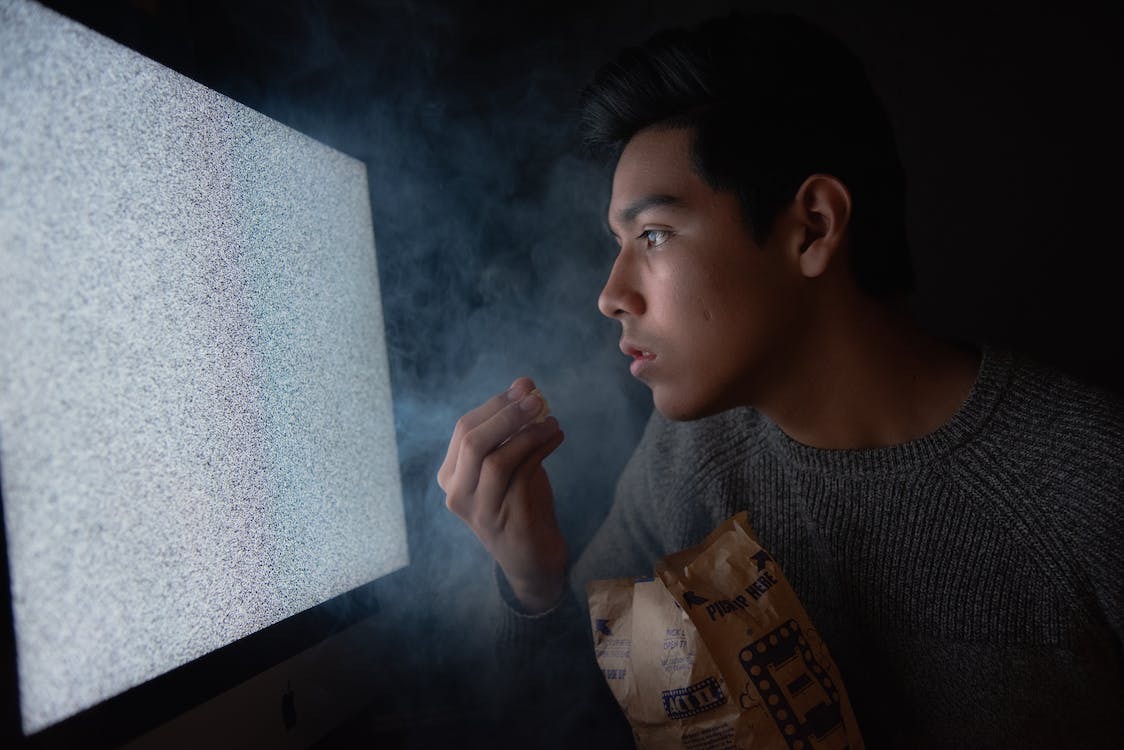
We’ve received your message
and will respond within 24 hours.


In the early 2000s, a new genre of television programming emerged that soon became a global sensation: reality TV. Shows like Big Brother, Survivor, and Pop Idol fascinated audiences and dominated conversations. In the UK, the reality TV show Big Brother debuted in 2000 and quickly became a rating hit. The third season finale had an audience of over 9 million viewers, and subsequent seasons continued to draw in large audiences, with some seasons averaging over 5 million viewers per episode. Pop Idol garnered ratings as high as 10 million viewers for episodes leading up to the first live finale. Although Pop Idol aired for only two seasons, its influence was vast, prompting 19 Entertainment and FremantleMedia to introduce the format internationally, with over fifty different versions which include American Idol and The X Factor. But what led to this trend dominating British television? In this blog post, we’ll explore the factors that contributed to Britain’s obsession with reality TV.
One of the key factors was the rise of digital television. The introduction of digital television in the late 1990s and early 2000s meant that there were more channels to fill with content, and reality TV was an inexpensive and straightforward way to do so. With the ability to broadcast 24/7, the shows could be filmed and broadcast live, creating a sense of urgency that traditional scripted programming couldn’t match.
Another factor was the evolving media landscape. The emergence of reality TV corresponded with the decline of traditional print media and the rise of online news and gossip websites. Reality TV provided a steady stream of stories and controversies that could be endlessly analyzed and discussed online, increasing traffic and engagement.
However, perhaps the most significant factor was the appeal of reality TV to audiences. Reality TV offered a glimpse into the lives of everyday people, and viewers were drawn to the drama-live, conflict, and emotional moments that unfolded on screen. Shows like Big Brother, where contestants were isolated from the outside world and forced to live together-live in a confined space, created a pressure cooker environment that led to explosive confrontations and emotional breakdowns.
Yet, it wasn’t just the drama-live that engaged audiences. Reality TV provided a form of escape. Viewers could immerse themselves in the lives of the contestants, rooting for their favorites and experiencing their highs and lows vicariously. Reality TV also provided a sense of community, with viewers bonding over their shared love of the show and the contestants.
Despite the initial popularity of reality TV, the genre has faced criticism over the years. Some have claimed that it is exploitative, with contestants being put in difficult situations and encouraged to act out for the sake of ratings. Others have criticized the superficial nature of the shows, with their emphasis on drama-live and conflict over substance and depth. Critics have accused reality TV of being formulaic and repetitive, with the same tropes and storylines being repeated across different shows. They have also raised concerns about the impact of reality TV on mental health, particularly among young contestants who may struggle to cope with the sudden attention and scrutiny that comes with fame.
Despite these criticisms, reality TV remains a massively popular genre in Britain and worldwide. From talent shows like The X Factor to reality dating shows like Love Island, the genre shows no signs of slowing down. Whether one loves or hates it, it’s undeniable that reality TV has had a lasting impact on British television and culture.
Reality TV has also had a significant impact on British popular culture. Participants often go on to become household names and even influence fashion, music, and politics. For example, Susan Boyle, a contestant on Britain’s Got Talent, became an international sensation and went on to release several successful albums. Pop Idol generated immediate chart-topping hits, notably for the inaugural season champion Will Young. His single “Evergreen” set a new record as the fastest-selling debut in UK chart history and became the top-selling song of 2002.
Reality TV has also had a profound effect on the way we consume and engage with television. It has created a new form of entertainment that is interactive and participatory. Viewers can vote for their favorite contestants, interact with them on social media, and even influence the outcome of the show. This has blurred the lines between the audience and the performers, creating a sense of community and shared experience that traditional television programming cannot replicate.
In recent years, there has been a growing pushback against reality TV, with some calling for it to be banned or heavily regulated. In 2019, the UK government launched an inquiry into the impact of reality TV on mental health, following the death of a former Jeremy Kyle Show contestant.
Despite these challenge-live-lives, reality TV remains a hugely popular and influential genre in British television. It continues to capture the imagination of audiences and produce new stars and cultural touchstones. Whether you love it or hate it, reality TV is here to stay, and its impact on British popular culture will continue to be felt for years to come.
If you’re a fan of reality TV shows, you might want to keep an eye out for some of the popular shows that are currently airing in the UK and have been known to keep audiences hooked with their drama-live, suspense, and thrilling competitions.
If you’re looking for the best reality TV shows on UK TV next week, be sure to visit our UK TV highlights page on a weekly basis, and keep in touch with us on Facebook.